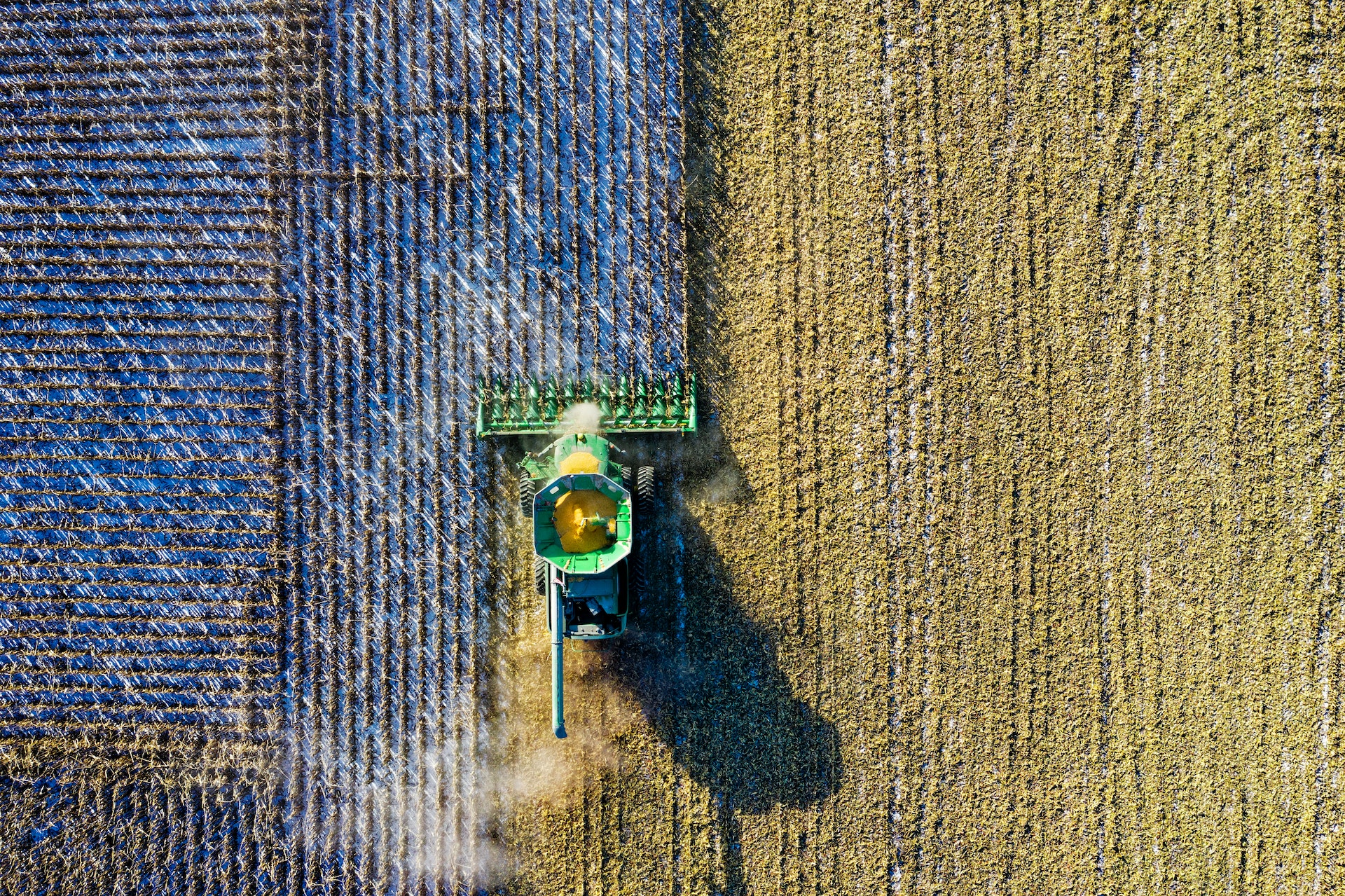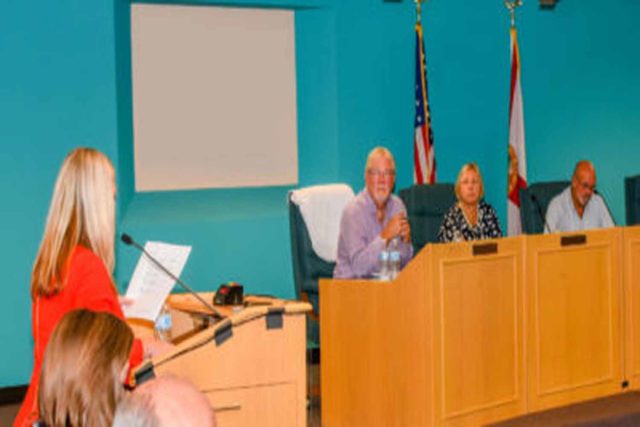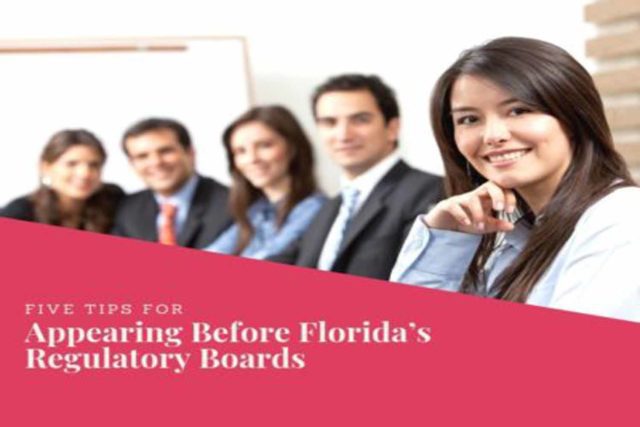How does Florida regulate and authorize licenses?
Under the Florida Statutes, a “license” to regulate professions and occupations means any permit, registration, certificate, or license issued by a state licensing agency or board. An occupational license is a privilege accorded by the state or its subdivisions to conduct a business at a particular location and is not a property right protected by substantive due process; the denial of such license does not prevent the business owner from pursuing a lawful occupation but merely stops the business from operating at a particular location. Ammons v. Okeechobee County, 710 So. 2d 641 (Fla. 4th DCA 1998).
On July 1, 2021, the Florida Legislature passed Section 163.211 into law, which prevents any county, municipality, or other political subdivision of Florida from implementing additional licensing requirements for most occupations. Therefore, a prospective applicant only needs to satisfy state statutory requirements.
Need help receiving, renewing, or defending your license? Schedule your consultation today with a top administrative law and licensing attorney.
How does the licensing process work in Florida?
A prospective licensee must apply to the licensing agency or board, which must review the application and have the discretion to reject or accept applications for new licenses and license renewals as long as the discretionary review is reasonable. See KJS v. Department of Children and Family Services, 974 So. 2d 1106 (Fla. 1st DCA 2007). Licensees seeking renewal, on the other hand, must file for renewal before their license expires, or they will not be allowed to engage in their occupation until the reviewing entity grants a separate, new license. See Legal Environmental Assistance Foundation, Inc. v. Board of County Com’rs of Brevard County, Fla., 61 F.3d 25 (11th Cir. 1995).
Which laws apply to farm labor contractor licenses in Florida?
Farm labors are regulated under Chapter 450 of Florida Statutes. This law defines a farm labor contractor as:
- Any person who, for a fee or other valuable consideration, recruits, transports into or within the state, supplies, or hires at any one time in any calendar year one or more farm workers to work for, or under the direction, supervision, or control of, a third person; or
- Any person who recruits, transports into or within the state, supplies, or hires at any one time in any calendar year one or more farm workers and who, for a fee or other valuable consideration, directs, supervises, or controls all or any part of the work of such workers.
What are the application and retention requirements for a farm labor contractor license?
Application Requirements:
- Education: N/A
- Experience: No, but the applicant must obtain a federal certificate of registration as a farm labor contractor.
- Professional Examination: Yes, the applicant must pass the Farm Labor Contractor Test administered by the DBPR.
- Bans Related to Criminal History: Yes, an applicant in the last five years must not have been convicted of any crime relating to gambling, or to the sale, distribution, or possession of alcoholic beverages; or committed in connection with or incident to, any farm labor contracting activities; or of any felony under state or federal law involving robbery, bribery, extortion, embezzlement, grand larceny, burglary, or arson.
- Cost of Licensure: $125
- Reciprocity or Endorsement: N/A
Retention Requirements:
- Renewal Period: Annually
- Cost of Renewal: $125
- Continuing Education Requirement: N/A
To determine whether you meet the requirements for a farm labor contractor license, please contact our office to set up your initial consultation.
What types of conduct are grounds for disciplinary action against a farm labor contractor?
Disciplinary procedures for farm labors are regulated, in part, by Chapter 61L-1.012 of the Florida Administrative Code.
Prohibited conduct includes:
- Failing to take out a policy of insurance or obtain a sufficient amount of insurance;
- Transporting workers in unsafe vehicles;
- Failing to maintain daily field records; and
- Failing to maintain a charged fire extinguisher.
Can an adverse license decision be appealed?
Yes, an adverse license decision is appealable. The authority for appealing such decisions comes from the Florida Administrative Procedure Act (APA), Chapter 120 of the Florida Statutes. Specifically, the right to appeal derives from Florida Statutes §120.569 and §120.57. The APA establishes the framework for challenging agency actions, such as licensing decisions, through administrative hearings and judicial review.
If an applicant or licensee receives an adverse decision, they may request an administrative hearing to challenge it. The request for a hearing must be submitted within the timeframe specified in the agency’s notice, which is generally 15 days from the date of the notice, as provided in Section 120.569(2)(a), Florida Statutes.
The administrative hearing process commences with submitting a petition for a hearing to the agency. The petition must comply with the requirements outlined in Rule 28-106.201, Florida Administrative Code. If the petitioner qualifies for an administrative hearing, the case is referred to the Division of Administrative Hearings (DOAH) and assigned to an administrative law judge (ALJ).
The ALJ conducts the hearing, like a trial, with both parties presenting evidence and testimony. After the hearing, the ALJ issues a recommended order, which includes findings of fact, conclusions of law, and a recommendation for a final decision. The agency or board then reviews the recommended order and issues a final order, either adopting, modifying, or rejecting the ALJ’s recommendations.
Suppose the petitioner is unsatisfied with the agency or board’s final order. In that case, they can seek judicial review by filing a notice of appeal with the appropriate District Court of Appeal, as provided in Section 120.68, Florida Statutes. The court reviews the case to determine if the agency’s decision follows from competent, substantial evidence and complies with the law.
Have more questions about a professional licensing-related situation?
Crucially, this overview of farm labor licenses does not begin to cover all the laws implicated by this issue or the factors that may compel the application of such laws. Every case is unique, and the laws can produce different outcomes depending on the individual circumstances.
Jimerson Birr attorneys guide our clients to help make informed decisions while ensuring their rights are respected and protected. Our lawyers are highly trained and experienced in the nuances of the law, so they can accurately interpret statutes and case law and holistically prepare individuals or companies for their legal endeavors. Through this intense personal investment and advocacy, our lawyers will help resolve the issue’s complicated legal problems efficiently and effectively.
Having a Jimerson Birr attorney on your side means securing a team of seasoned, multi-dimensional, cross-functional legal professionals. Whether it is a transaction, an operational issue, a regulatory challenge, or a contested legal predicament that may require court intervention, we remain a tireless advocate every step of the way. Being a value-added law firm means putting the client at the forefront of everything we do. We use our experience to help our clients navigate even the most complex problems and come out the other side triumphant.
If you want to understand your case, the merits of your claim or defense, potential monetary awards, or the amount of exposure you face, you should speak with a qualified Jimerson Birr lawyer. Our experienced team of attorneys is here to help. Call Jimerson Birr at (904) 389-0050 or use the contact form to set up a consultation.

We live by our 7 Superior Service Commitments
- Conferring Client-Defined Value
- Efficient and Cost-Effective
- Accessibility
- Delivering an Experience While Delivering Results
- Meaningful and Enduring Partnership
- Exceptional Communication Based Upon Listening
- Accountability to Goals











